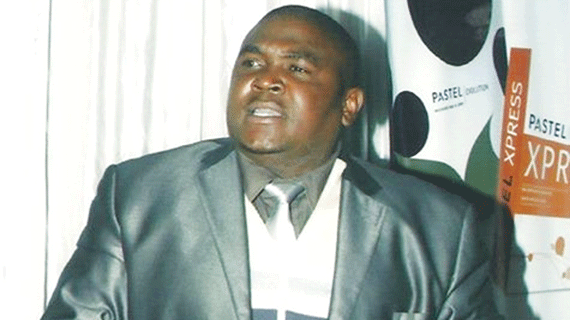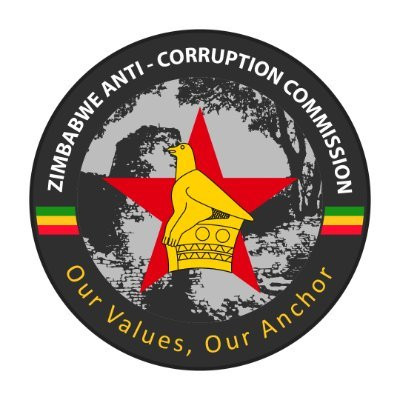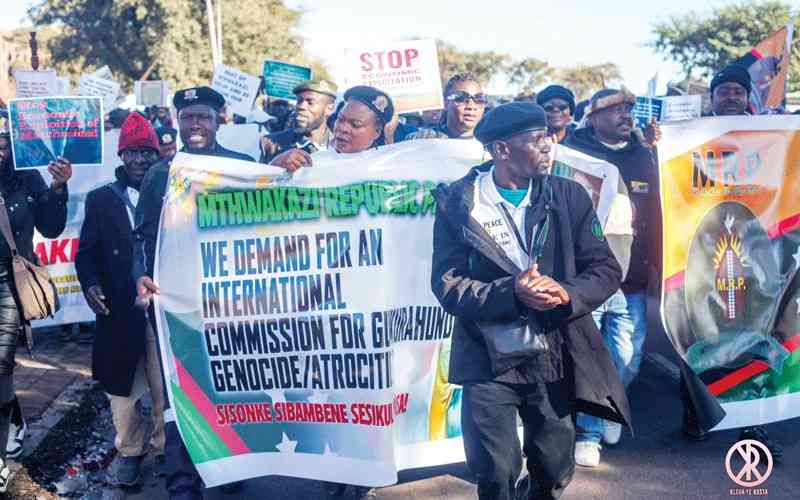
Gweru mayor Hamutendi Kombayi yesterday appealed to council workers to abandon daily protests against delays in the payment of salaries and bonuses in favour of dialogue.
BY STEPHEN CHADENGA
Council workers have been staging protests during tea breaks to try and force the municipality to pay their salaries dating back to December last year.
Kombayi who was in South Africa last week when the demonstrations began, addressed workers after they staged another protest.
“We have to engage. The issue of workers’ salaries makes any sane employer’s heart bleed,” he said.
“We have to put our heads together, councillors, management and workers and come up with workable strategies after looking at our financial position.”
Kombayi urged workers to resolve the dispute between their unions so that proper lines of communication would be opened with the council.
The MDC-T led council has refused to recognise a new workers’ committee elected after leaders from rival unions passed a vote of no confidence on the Zimbabwe Urban Council Workers’ Union Gweru branch executive on January 13.
- Chamisa under fire over US$120K donation
- Mavhunga puts DeMbare into Chibuku quarterfinals
- Pension funds bet on Cabora Bassa oilfields
- Councils defy govt fire tender directive
Keep Reading
Kombayi said workers should resolve disputes concerning their represantatives so that a works’ council could be put in place to facilitate engagement.
Council workers are yet to be paid December 2014 salaries and bonuses.
Kombayi’s intervention was welcomed by workers committee chairperson, Cornelia Selipiwe, who said they were encouraged that someone from council was listening to their grievances.
“Others have a habit of locking themselves in their offices when we demand that our grievances as workers be given an ear,” Silipiwe said.
The local authority blames declining revenue for continued failure to meet salary obligations.
A number of local authorities are struggling financially after the government in 2013 ordered them to write off bills that had accumulated since 2009.
The directive was seen as political interference by Zanu PF, which was campaigning ahead of harmonised elections the same year.










